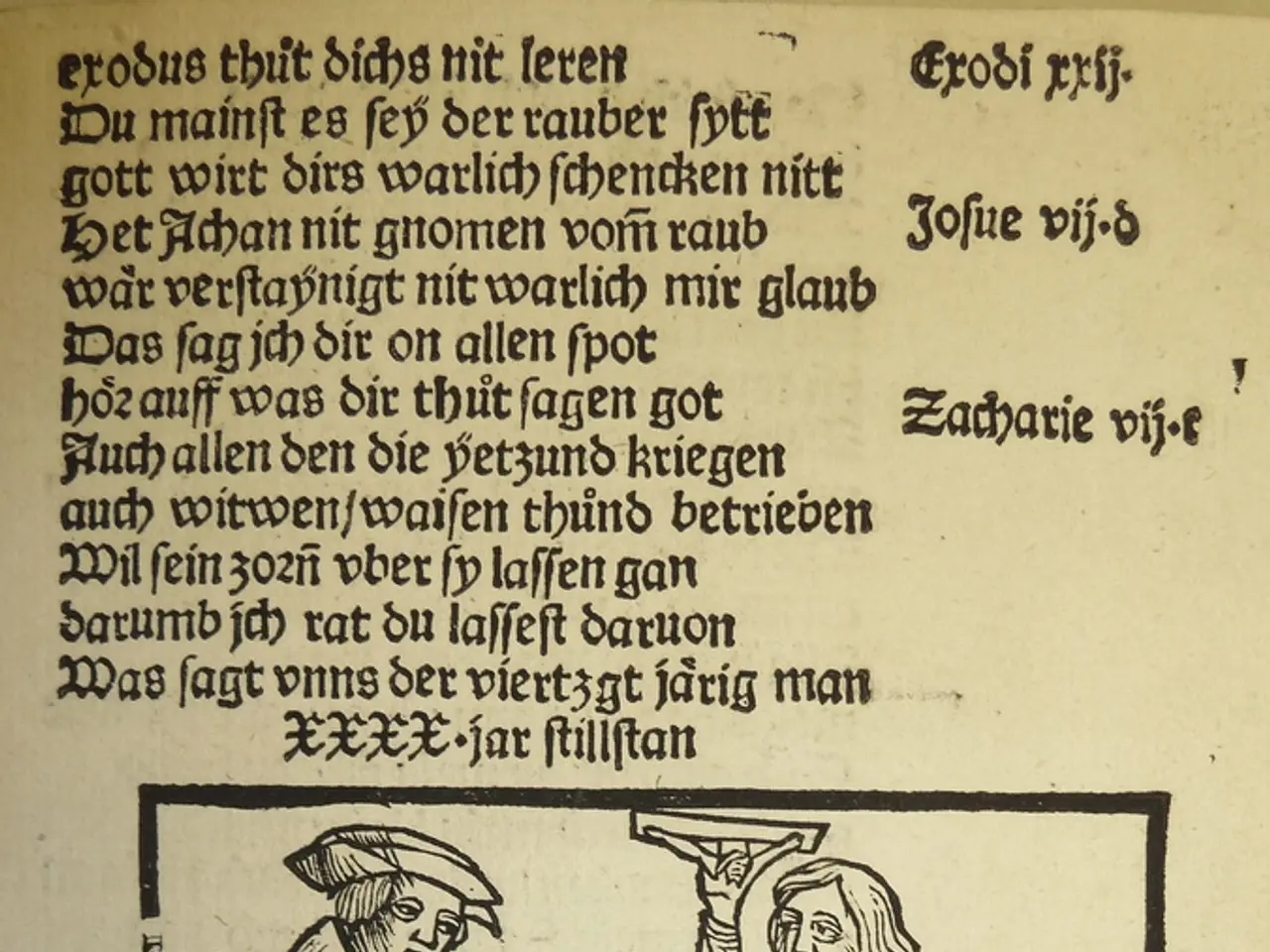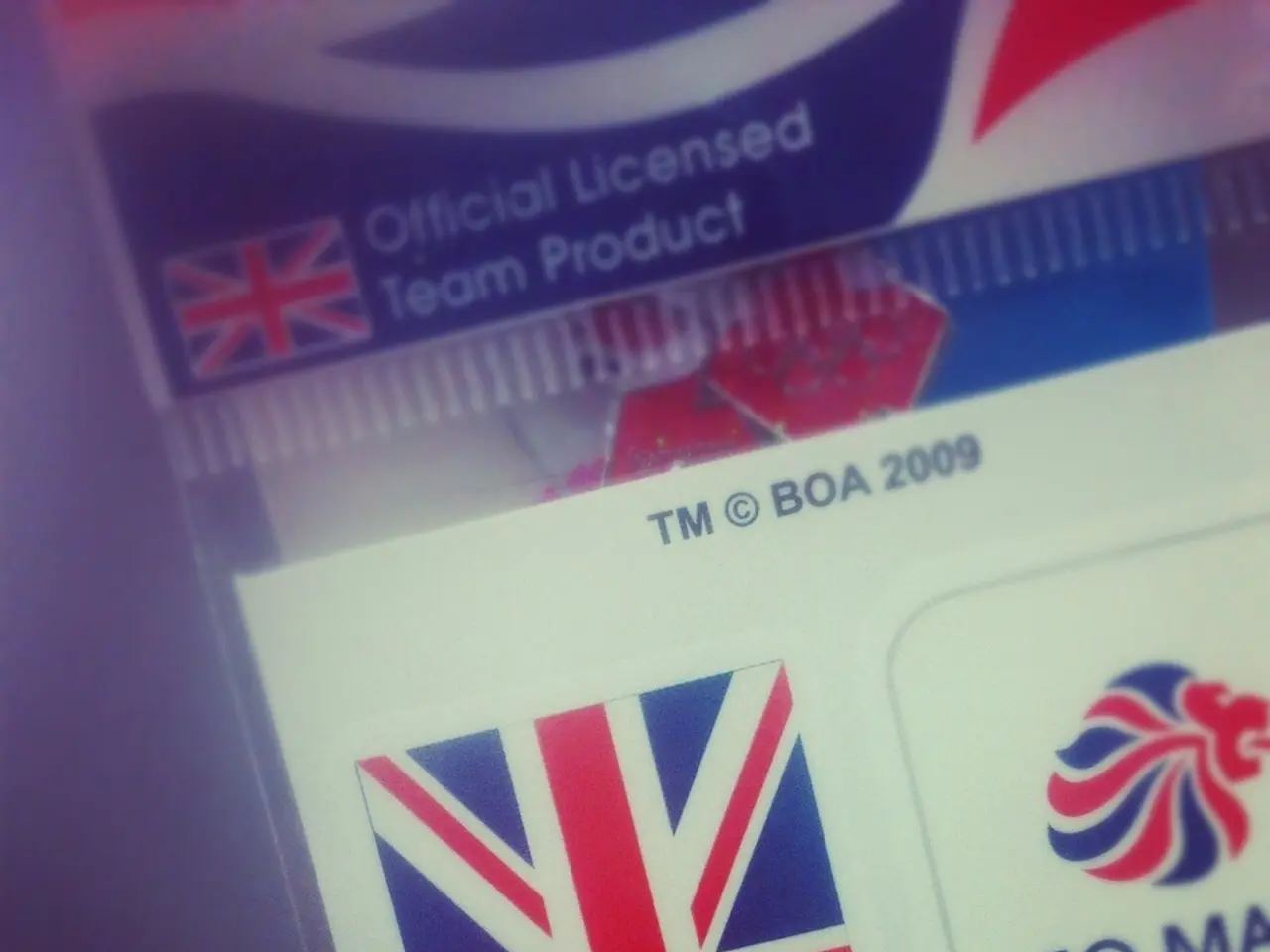Federal ministries lack representation by individuals identifying as gender non-conforming
In a recent move, the German federal government has reaffirmed its stance on gender-inclusive language, aligning with the Council for German Orthography. The council maintains that gender-inclusive neologisms using special characters like asterisks or internal capitalization are not recognized as standard German orthography and should not be used in official communications.
The latest official stance was confirmed by the German Minister of State for Culture, Wolfram Weimer, who banned the use of gender-inclusive language forms such as the gender asterisk in official communications within his department. He emphasized that official language should follow the standard rules of German as defined by the Council for German Orthography.
This means that forms like "Student*innen" or other uses of special characters to mark gender inclusivity are not officially accepted. Instead, traditional forms, such as the pair form "Sehr geehrte Damen und Herren" ("Dear Madam, dear Sir"), are recommended for formal address.
The new guidelines from the Council for German Orthography, effective since early July, apply to schools and public administration. The guidelines state that word-internal special characters are not part of the core of German orthography and aim to ensure clarity and legal certainty in language use.
The confirmation was made by a spokesperson for the Digital Ministry in Berlin. Minister Weimer also noted that forced gendering does not reflect how the majority of Germans speak and deepens the divide in society. He further stated that the Chancellery does not use gender-inclusive language in letters, emails, and notes.
The guideline does not include special characters in gender-inclusive language. Instead, it promotes gender-inclusive language that is understandable, readable, and accessible. The development of the overall area (gender-sensitive language guidelines) is not yet complete and will continue to be monitored.
No recent updates indicate changes allowing special characters in German spelling, and the Council appears to uphold traditional orthographic standards without integration of gender-inclusive special characters within standard written German.
In summary, the Council for German Orthography maintains traditional spelling and discourages gender-inclusive neologisms that use special characters like asterisks or internal capitalization to mark gender. Official communications are directed to adhere to these traditional rules, and this position is currently reinforced at the federal cultural ministry level, where gender-inclusive language forms are not permitted in official documents or correspondence.
- The German federal government's policy-and-legislation, as outlined by Minister Weimer, prohibits the use of gender-inclusive language forms containing special characters like asterisks in official communications, especially within the Department of Culture.
- In the realm of general-news, the Council for German Orthography's stance on gender-inclusive neologisms remains steady, refusing to recognize words using special characters as standard German orthography, emphasizing clarity and legal certainty in language use.







